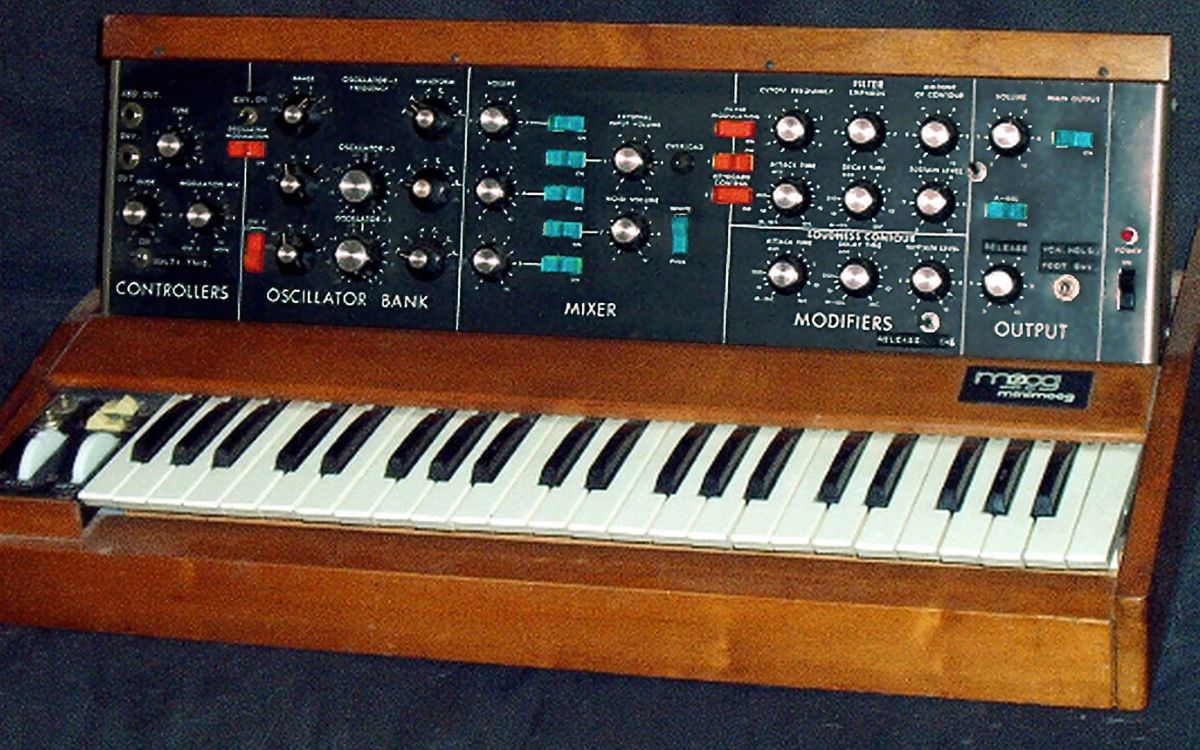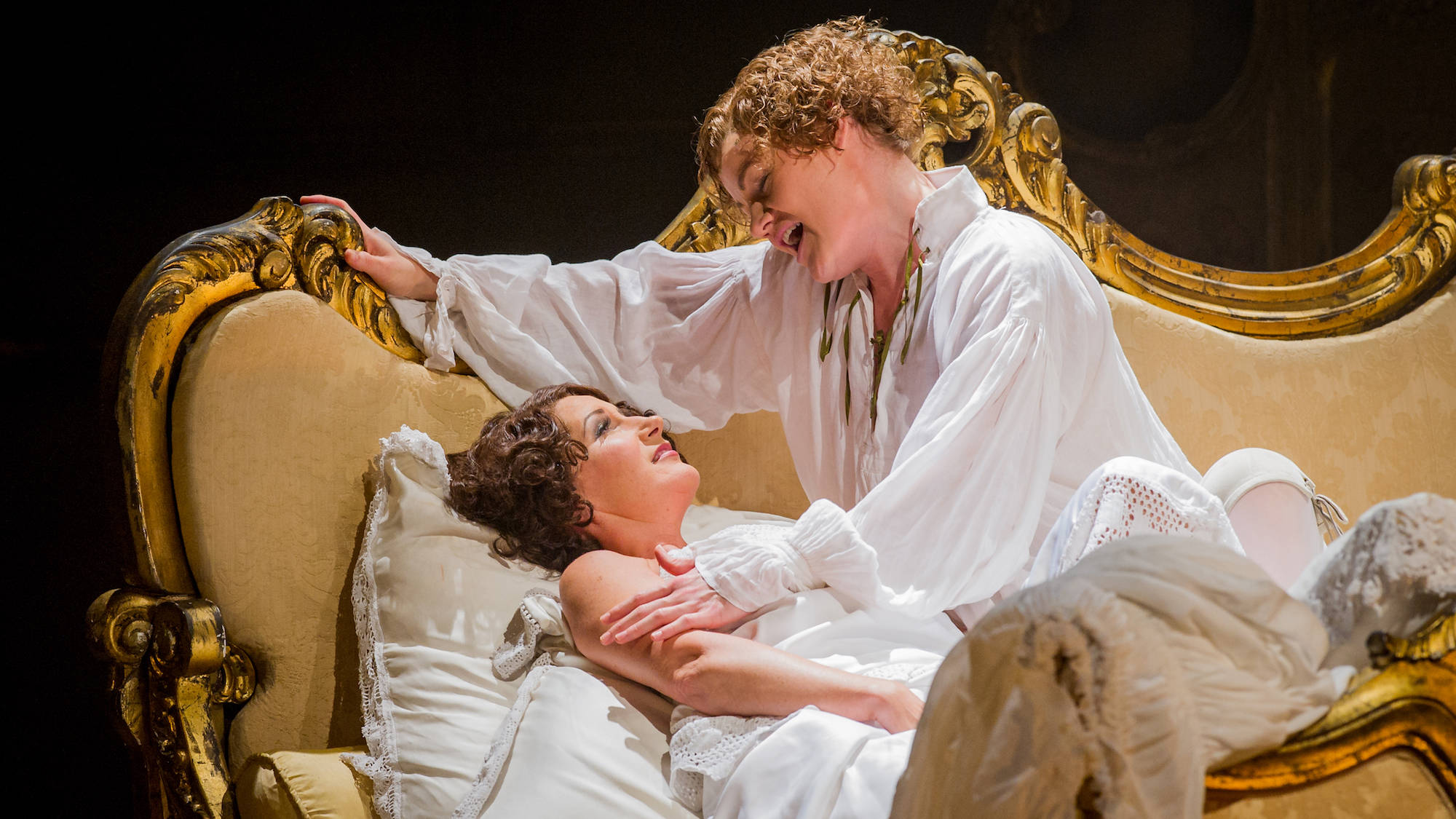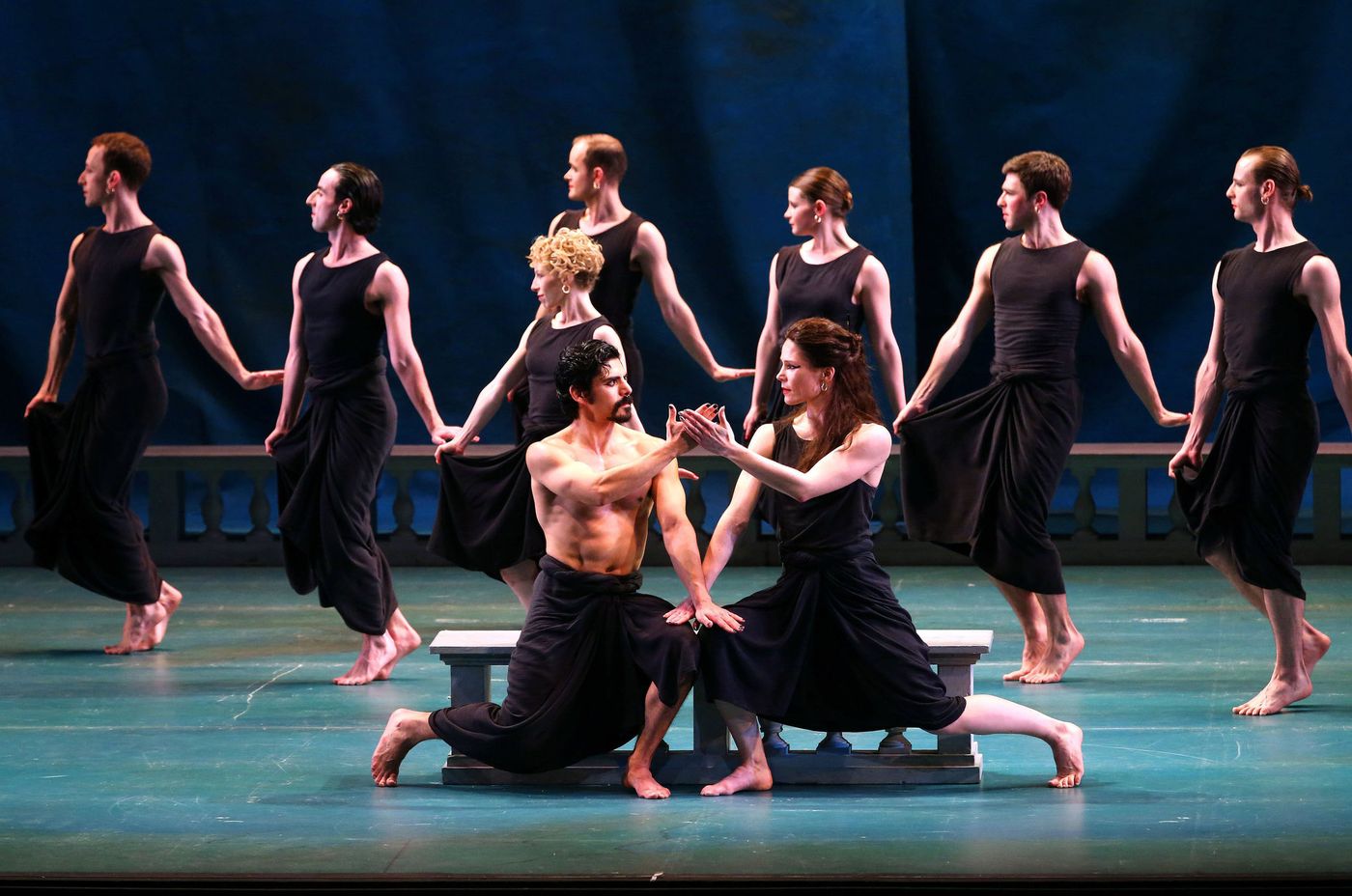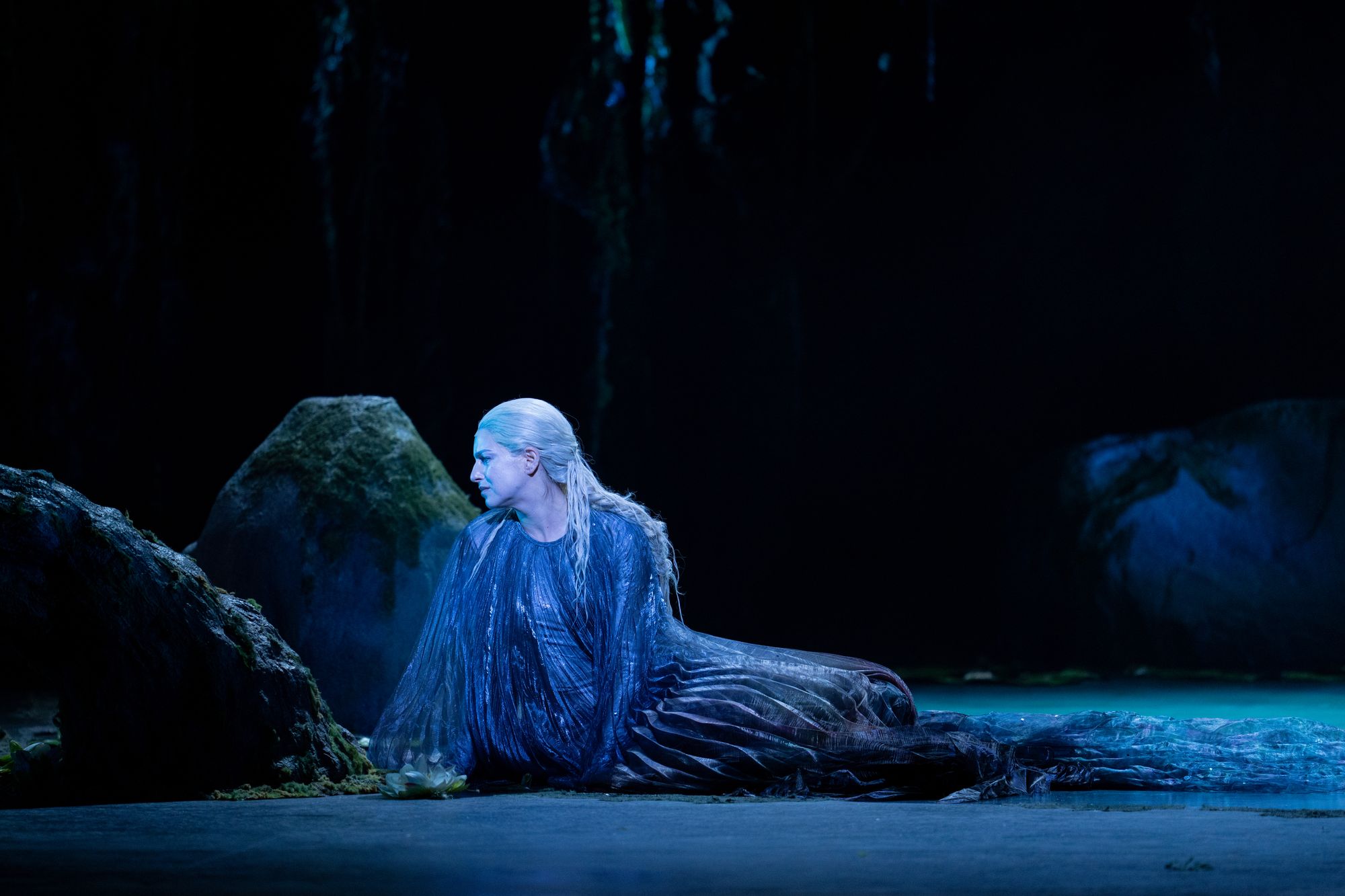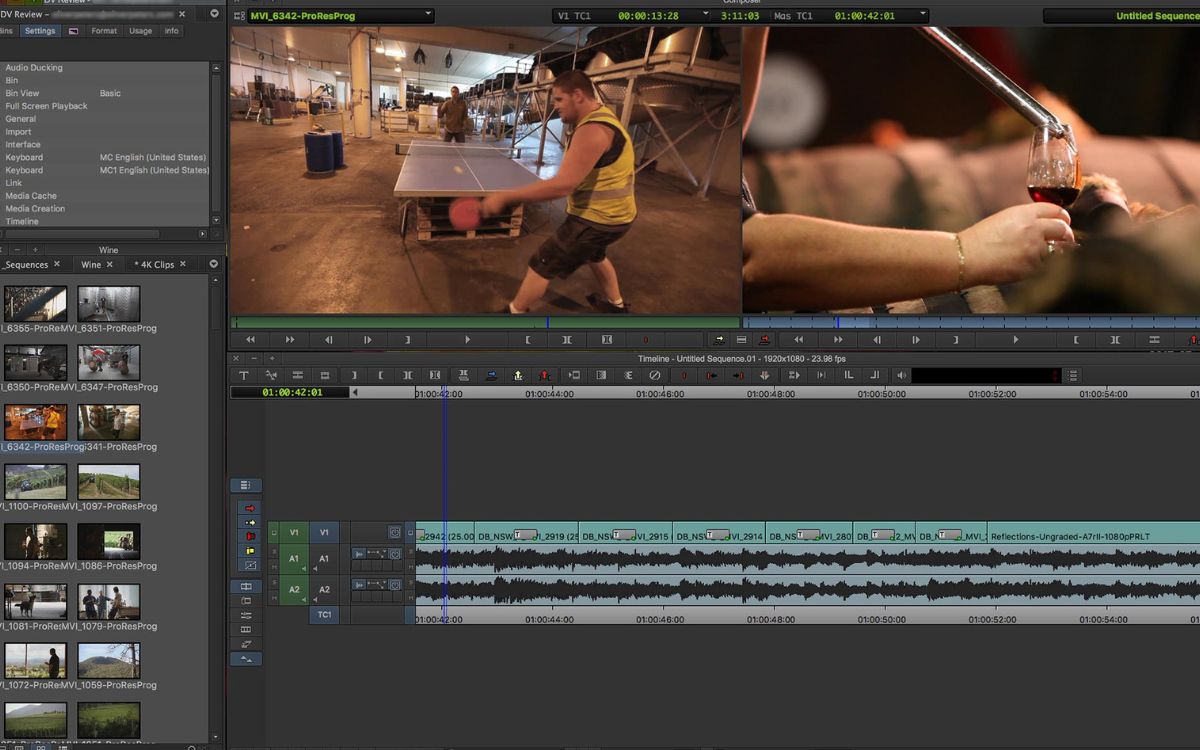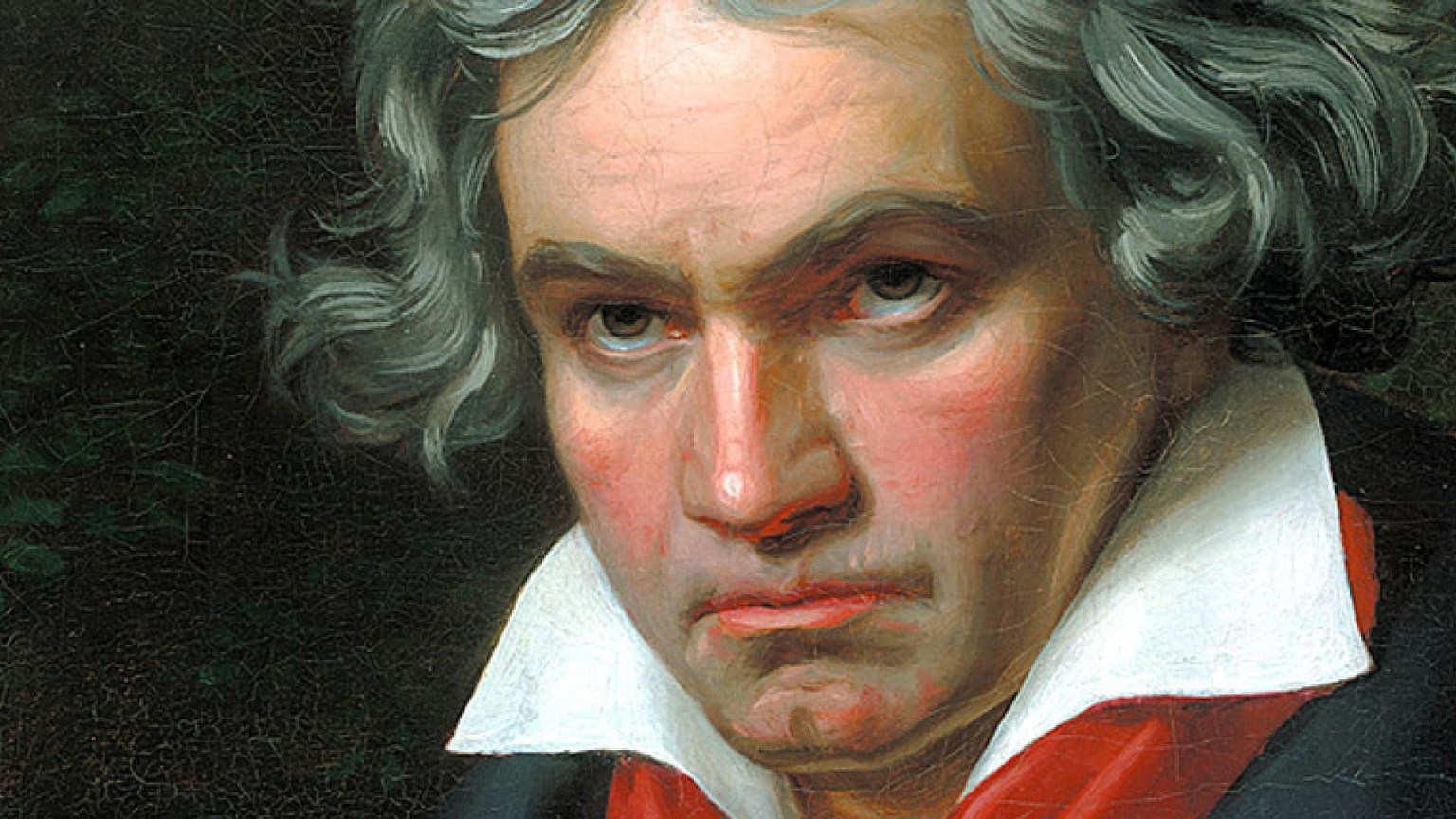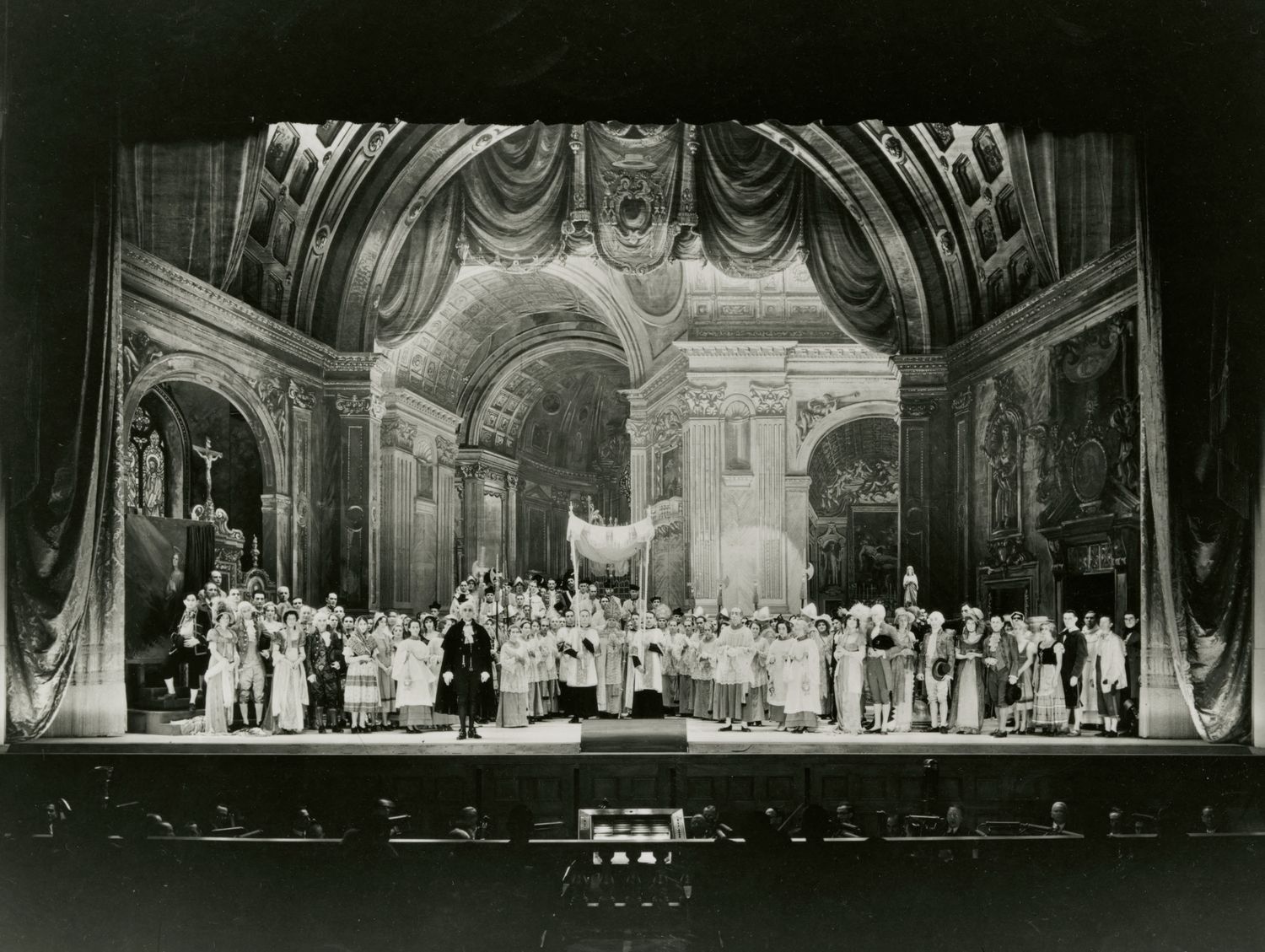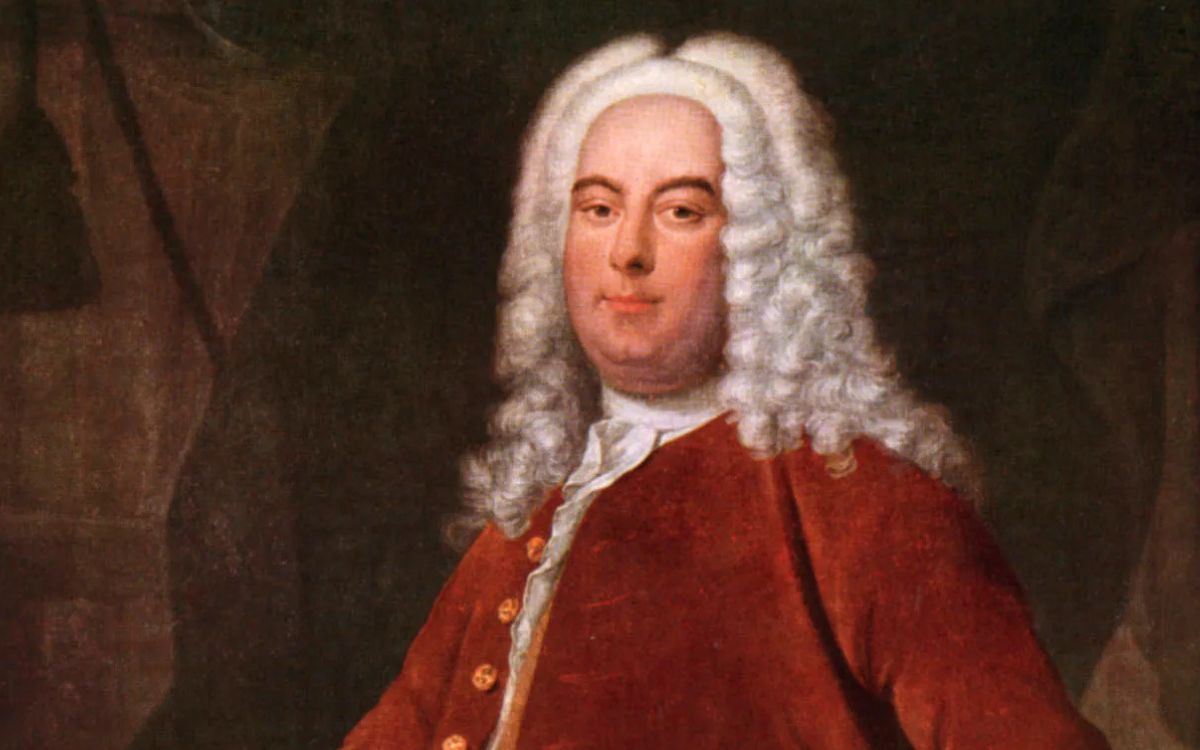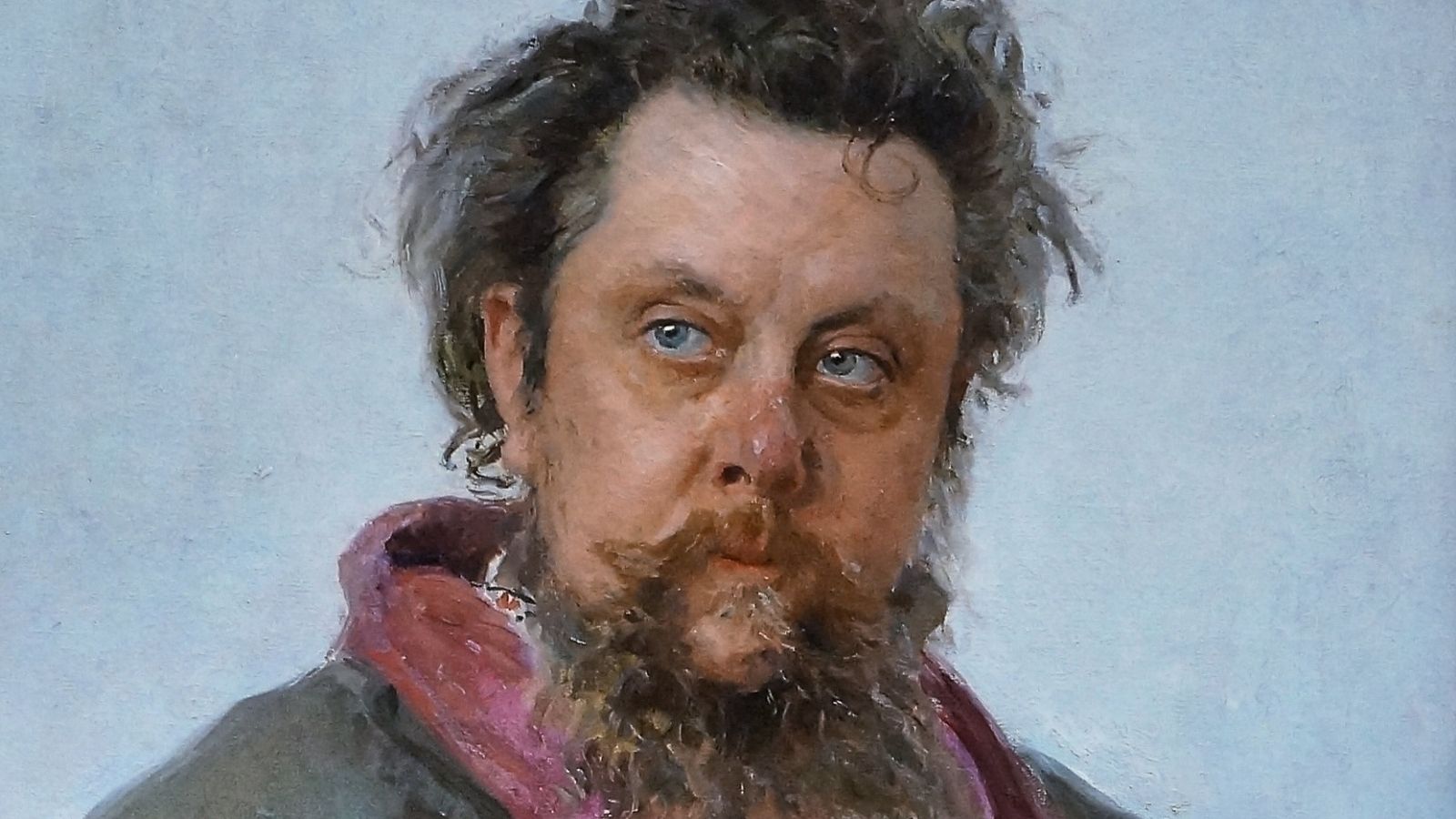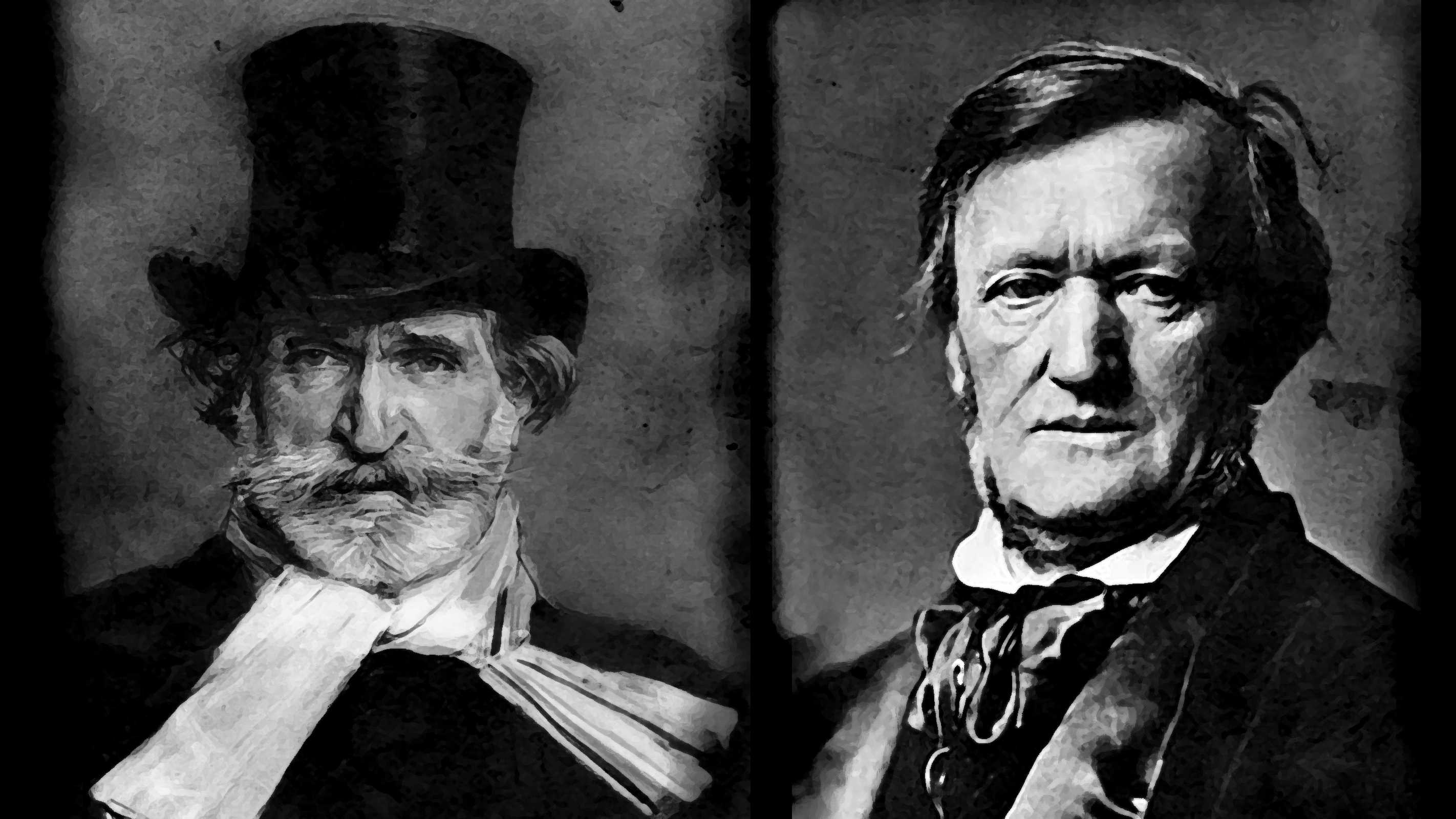Home>Production & Technology>Composer>Who Is The First Important Classical-Era Opera Composer?
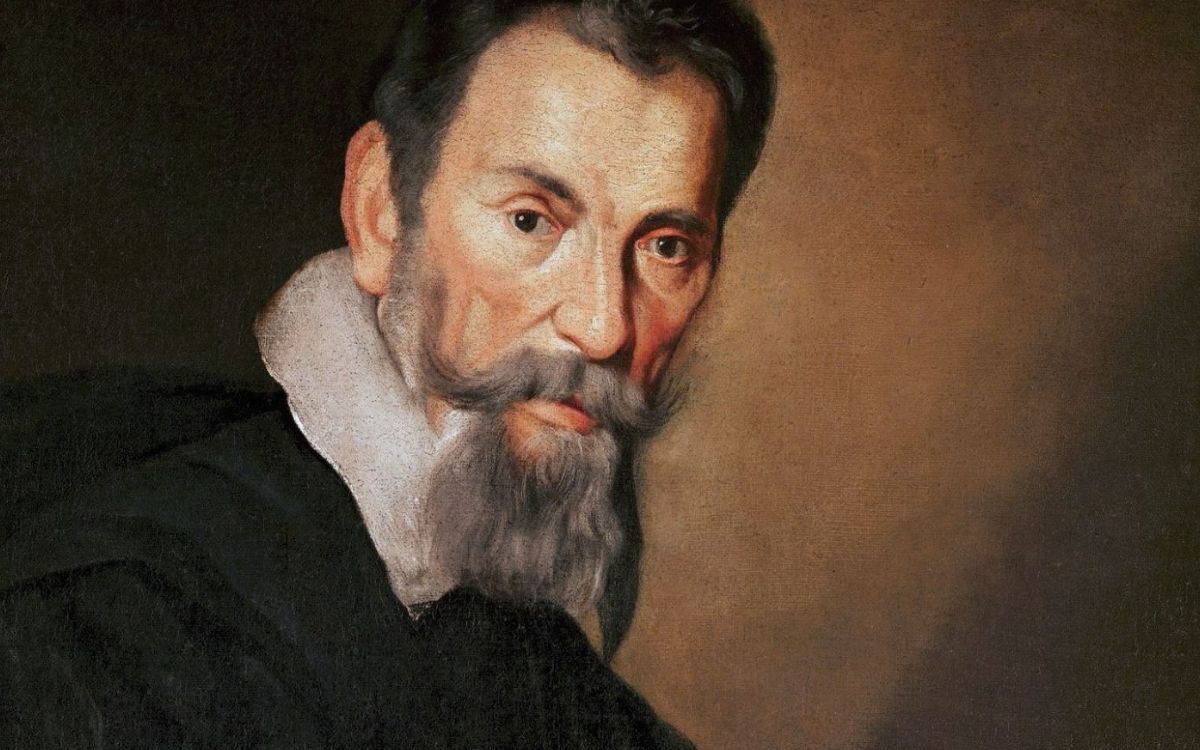

Composer
Who Is The First Important Classical-Era Opera Composer?
Modified: January 22, 2024
Discover the first significant classical-era opera composer and delve into the world of musical genius with our comprehensive guide. Unveil the greatness of this influential composer!
(Many of the links in this article redirect to a specific reviewed product. Your purchase of these products through affiliate links helps to generate commission for AudioLover.com, at no extra cost. Learn more)
Table of Contents
Introduction
Opera, a form of musical theater that combines singing, acting, and stagecraft, has a rich and storied history. Since its inception in the late 16th century, opera has evolved and undergone various transformations, reflecting the changing cultural and musical landscapes of different epochs. The Classical Era, spanning roughly from the mid-18th to the early 19th century, marked a significant period of development and refinement for opera.
During this era, new compositional techniques and styles emerged, leading to the birth of some of the most iconic and influential works in the operatic repertoire. The composers of the Classical Era sought to create a balance between drama, melody, and structure, aiming to elicit emotional responses and provide a heightened theatrical experience for audiences.
In this article, we explore the origins of opera, delve into the emergence of the Classical Era, and examine the development of opera during this time. We will also uncover the identity of the first important opera composer of the Classical Era, taking into account their contributions and impact on the art form.
Join us as we delve into the captivating world of opera and uncover the fascinating story behind the first important classical-era opera composer.
Origins of Opera
The roots of opera can be traced back to the late 16th century in Italy, where a group of intellectuals and musicians sought to revive the dramatic arts of ancient Greece. Inspired by the Greek tragedies and their fusion of poetry, music, and theater, these Renaissance innovators sought to create a new form of spectacle that would captivate and engage audiences.
One of the key figures in the development of opera was Jacopo Peri, an Italian composer, who is often credited with creating the first true opera. His work, “Dafne,” premiered in Florence in 1598, marking a significant milestone in the history of this art form. “Dafne” combined recitative (a style of singing that imitates the natural flow of speech) and expressive solo songs to tell a story on the stage.
As opera gained popularity, the genre quickly spread across Europe, adapting to the cultural and musical tastes of different countries. In the 17th century, opera seria, a serious and elevated form of opera, became prominent, featuring heroic and mythological stories. Composers like Claudio Monteverdi and George Frideric Handel contributed to the development of this genre, with works such as Monteverdi’s “L’Orfeo” and Handel’s “Giulio Cesare.”
By the early 18th century, opera became a well-established art form, with theaters dedicated solely to its performance. The compositions became more elaborate, incorporating lavish sets, costumes, and intricate vocal performances. However, despite its popularity, opera was still considered an art form of the elite due to the high cost of production and access to performances.
As the demand for opera grew, so did the need for innovation and new artistic directions. It was during the Classical Era that opera underwent significant changes, both in terms of musical style and thematic content. The emergence of the Classical Era marked a turning point in the history of opera, paving the way for a new breed of composers to make their mark on the genre.
Emergence of the Classical Era
The Classical Era, which spanned from the mid-18th to the early 19th century, was a period of significant artistic and cultural development. It was characterized by a shift in musical style, with composers embracing a more balanced and structured approach. This era saw a departure from the baroque extravagance and the emergence of a more refined and elegant musical language.
The rise of the Classical Era was influenced by the various social and political changes taking place at the time. The Enlightenment, with its emphasis on reason and intellectual progress, had a profound impact on all aspects of society, including the arts. Composers sought to create music that was accessible, logical, and emotionally evocative, mirroring the ideals of the Enlightenment.
During this period, new musical forms such as the symphony, sonata, and string quartet gained prominence. Composers like Joseph Haydn, Wolfgang Amadeus Mozart, and Ludwig van Beethoven were at the forefront of this musical revolution, pushing the boundaries of what was considered possible in terms of composition and expression.
Opera also underwent a transformation during the Classical Era. Composers sought to create a more balanced and integrated relationship between the music and the drama, emphasizing clarity of expression and emotional depth. The Classical opera style, known as opera buffa, emerged as a lighter and more comedic form, in contrast to the serious and elevated opera seria of the previous era.
The emergence of the Classical Era also brought about changes in the structure and organization of opera. The standardized forms of aria, recitative, and ensemble became more refined and well-defined, with composers carefully crafting their works to create dramatic tension and emotional impact.
Furthermore, the rise of public concert halls and opera houses during this period led to a wider accessibility of opera. The middle-class audience was now able to enjoy and appreciate the art form, and composers responded by creating works that appealed to a broader range of listeners.
Overall, the emergence of the Classical Era marked a significant shift in the musical and artistic landscape. Composers sought to create a balance between tradition and innovation, resulting in a refined and elegant musical style that laid the foundation for the development of opera in this era.
The Development of Opera in the Classical Era
The Classical Era witnessed a vibrant and dynamic development of opera as a genre. Composers during this period sought to create works that exhibited a synthesis of music, drama, and spectacle, captivating audiences with their emotional depth and technical prowess. The development of opera in the Classical Era can be traced through a series of significant advancements and innovations.
One of the notable developments in opera during this time was the rise of opera buffa, a lighthearted and comedic form of opera. Composers such as Wolfgang Amadeus Mozart and Gioachino Rossini excelled in creating lively and entertaining works that combined witty dialogue, memorable melodies, and vibrant ensemble numbers. Operas like Mozart’s “The Marriage of Figaro” and Rossini’s “The Barber of Seville” became enduring classics of the genre.
Alongside the rise of opera buffa, the tradition of opera seria also continued to evolve during the Classical Era. Composers such as Christoph Willibald Gluck sought to reform the genre, infusing it with a more naturalistic and dramatic approach. Gluck’s “Orfeo ed Euridice” and “Alceste” represented a departure from the formal conventions of opera seria, emphasizing the importance of storytelling and emotional engagement.
The Classical Era also witnessed advancements in orchestration and musical technique. Composers like Joseph Haydn and Ludwig van Beethoven experimented with symphonic writing, incorporating symphonic elements into their operas. They utilized the full potential of the orchestra to create powerful and evocative musical landscapes that enhanced the dramatic impact of their operatic works.
An important aspect of the development of opera in the Classical Era was its increasing international popularity. Opera houses sprang up in major cities across Europe, becoming cultural hubs and attracting talented composers, singers, and musicians. The diffusion of operatic works and the exchange of ideas among different regions fueled the growth and diversification of the genre.
Furthermore, the development of opera in the Classical Era was intimately linked to the emergence of virtuosic singers. Singers such as Maria Malibran and Giuditta Pasta were celebrated for their technical prowess and expressive abilities, inspiring composers to push the boundaries of vocal writing and create demanding and memorable roles.
Overall, the development of opera in the Classical Era was characterized by the exploration of new musical forms, the refinement of operatic conventions, and the exchange of ideas among composers and performers. The innovations and achievements of this period laid the foundation for the continued evolution of opera in the years to come.
The First Important Classical-Era Opera Composer
When discussing the development of opera in the Classical Era, it is essential to recognize one of the most significant and influential composers of the time: Wolfgang Amadeus Mozart. Born in 1756 in Salzburg, Austria, Mozart displayed prodigious talent from a young age and quickly established himself as a master of music.
Mozart’s contributions to opera were groundbreaking and transformative. During his relatively short life, he composed dozens of operas that continue to be cherished and performed to this day. His innovative approach to composition, unmatched melodic genius, and profound understanding of human emotions elevated the operatic form to new heights.
One of Mozart’s most celebrated operas is “The Marriage of Figaro” (Le nozze di Figaro), premiered in 1786. The opera is a comedic masterpiece, brimming with wit, intrigue, and social commentary. Mozart achieved a perfect union of music and drama, seamlessly weaving together vocal lines, ensemble numbers, and colorful orchestration to bring the characters and their complex relationships to life.
Mozart’s opera “Don Giovanni,” premiered in 1787, further solidified his position as a genius of the Classical Era. This dramatic and morally complex work explores themes of love, seduction, and the consequences of one’s actions. Through his profound musical expression and innovative storytelling, Mozart created a timeless masterpiece that continues to captivate audiences around the world.
Another notable opera by Mozart is “The Magic Flute” (Die Zauberflöte), premiered in 1791. This fantastical opera combines elements of fairy tales, Masonic symbolism, and spiritual allegories, offering a unique blend of comedy, drama, and profound philosophical undertones. Mozart’s gift for melody is on full display in this work, with its memorable arias and enchanting choral passages.
Mozart’s operas are characterized by their exquisite attention to detail, intricate ensemble writing, and the depth and complexity of their characters. He pushed the boundaries of operatic conventions, experimenting with nuanced characterizations, unexpected harmonies, and innovative orchestrations that showcased his exceptional compositional abilities.
Although Mozart’s life was tragically cut short in 1791 at the age of 35, his impact on the world of opera during the Classical Era was immense. His works exemplify the ideals of the time, combining emotional depth with technical brilliance and a profound understanding of the human condition. Mozart’s operas continue to be revered for their timeless beauty and remain cornerstones of the operatic repertoire.
As we explore the development of opera in the Classical Era, it is impossible to overlook the groundbreaking contributions of Wolfgang Amadeus Mozart. His unparalleled talent and innovation forever changed the landscape of opera, leaving a lasting legacy that continues to inspire and captivate audiences to this day.
Conclusion
The Classical Era was a pivotal period in the history of opera, marked by significant developments and innovations. Composers of this era sought to create a harmonious balance between music, drama, and spectacle, aiming to create emotionally captivating and artistically refined works. As we have explored in this article, the emergence of the Classical Era brought about a shift in musical style, the refinement of operatic conventions, and the rise of influential composers.
One of the most important figures in the Classical-Era opera was Wolfgang Amadeus Mozart, whose contributions have left an indelible mark on the genre. Mozart’s operas, including “The Marriage of Figaro,” “Don Giovanni,” and “The Magic Flute,” continue to be celebrated for their musical brilliance, engaging storytelling, and profound exploration of human emotions. His innovative approach to composition, exceptional melodic skill, and grasp of dramatic expression set him apart as a trailblazer of the art form.
However, it is important to note that Mozart was not the only significant composer of the Classical Era. Other composers, such as Joseph Haydn, Christoph Willibald Gluck, and Ludwig van Beethoven, also made significant contributions to the development of opera during this time, each leaving their own unique imprint on the genre.
In conclusion, the Classical Era was a transformative period for opera, characterized by a refined musical style, a balanced approach to composition, and a commitment to emotional depth and dramatic storytelling. The works created during this era continue to be cherished and performed, reflecting the timeless appeal of the genre. Whether through the comedic brilliance of opera buffa or the emotional depths of opera seria, the Classical-Era composers paved the way for the rich and diverse opera tradition that we enjoy today.
As we continue to appreciate and explore the world of opera, let us remember and celebrate the contributions of the first important classical-era opera composers, including the remarkable legacy of Wolfgang Amadeus Mozart.

